Depression
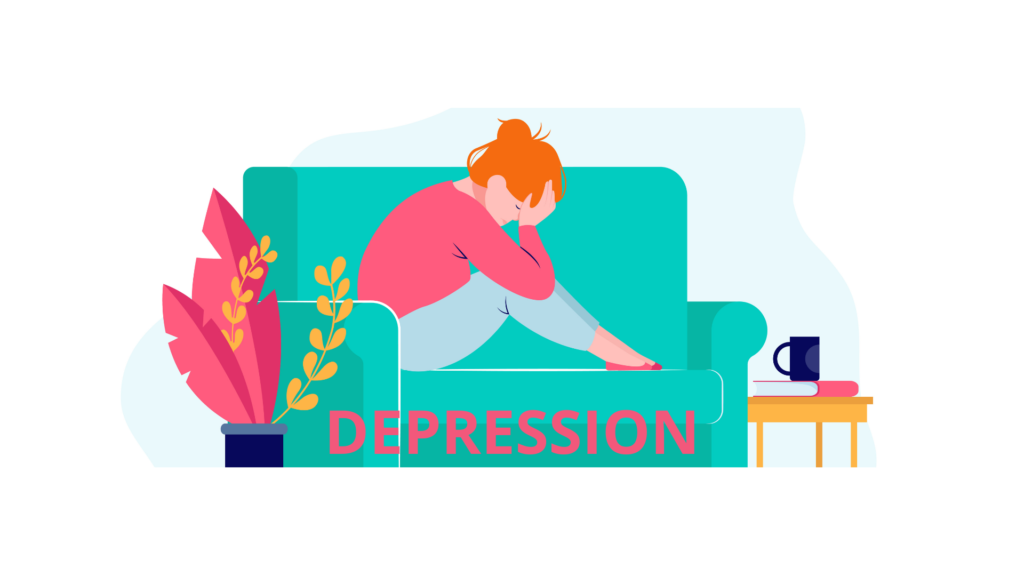
Depression is a mental health disorder that affects millions of people around the world. It can be a debilitating condition, which is why it’s important to understand the symptoms of depression and learn to recognize them in yourself and others. This article will provide an overview of depression symptoms, diagnosis, and treatment so that you can better manage your mental health.
Recognizing the Signs of Clinical Depression
Depression is more than just feeling sad or down in the dumps. It’s a complex disorder that affects both your physical and emotional health. Common signs of clinical depression include persistent feelings of fatigue or low energy, changes in appetite, difficulty sleeping, difficulty concentrating, and persistent feelings of guilt or worthlessness. Other physical symptoms may include headaches, digestive issues, and unexplained aches and pains.
It is important to recognize the signs of clinical depression and seek help if you are experiencing any of these symptoms. Professional help can include therapy, medication, or a combination of both. It is also important to remember that depression is treatable and that there is hope for recovery.
Common Symptoms of Depression
Depression symptoms can vary from person to person, but there are some common signs to look out for. These include changes in mood, such as feeling more irritable or anxious than usual, or feeling down for an extended period of time. People with depression may also experience a lack of interest in activities that used to bring them joy, have difficulty making decisions, and have difficulty connecting with others.
Other symptoms of depression can include changes in appetite, sleeping too much or too little, physical aches and pains, and difficulty concentrating. People with depression may also feel guilty or worthless, and have thoughts of death or suicide. It is important to seek help if you or someone you know is experiencing any of these symptoms.
Emotional Symptoms of Depression
Depression can cause a range of emotional symptoms, including frequent bouts of sadness, guilt, or anger. Some people also experience feelings of emptiness or loneliness. People with depression may also feel hopeless or helpless, as if they can’t control their emotions or life events.
Depression can also lead to a lack of motivation or interest in activities that were once enjoyable. People with depression may also have difficulty concentrating or making decisions. They may also feel overwhelmed by the smallest tasks, or have difficulty sleeping or eating.
Physical Symptoms of Depression
Physical symptoms of depression can include fatigue, restlessness, headaches, digestive issues, aches and pains, and difficulty sleeping. Some people with depression may experience significant changes in appetite, either overeating or not wanting to eat at all. Other physical symptoms may include unexplained weight loss or gain.
In addition to the physical symptoms of depression, people may also experience changes in their energy levels. They may feel exhausted and lack the motivation to do everyday activities. They may also have difficulty concentrating or making decisions. These changes can have a significant impact on a person’s ability to work, socialize, and take care of themselves.
Cognitive Symptoms of Depression
Cognitive symptoms of depression can include difficulty concentrating or making decisions, memory problems, negative thoughts about oneself or the world in general, and difficulty making plans for the future. People with depression may have difficulty focusing on tasks at hand or even completing everyday tasks.
These cognitive symptoms can be debilitating and can lead to feelings of hopelessness and helplessness. It can be difficult to stay motivated and engaged in activities that were once enjoyable. People with depression may also experience feelings of guilt or worthlessness, and may have difficulty seeing the positive in any situation.
Behavioral Symptoms of Depression
Behavioral symptoms of depression can vary from person to person. Some people may withdraw socially and be reluctant to participate in activities they used to enjoy. Others may become more active in unhealthy ways, such as overworking, abusing drugs or alcohol, or engaging in risky behaviors. People with depression may also experience changes in sleep patterns.
Changes in appetite and weight are also common symptoms of depression. People may find themselves eating more or less than usual, or they may gain or lose weight without trying. Additionally, people with depression may have difficulty concentrating or making decisions, and they may feel fatigued or have a lack of energy.
Diagnosing Clinical Depression
If you think you may be experiencing symptoms of depression, it’s important to speak to your doctor. Your doctor can help you determine whether you’re dealing with depression or another mental health issue. They will likely perform a physical exam to rule out any other medical conditions that could be causing your symptoms and review your personal and family history.
Your doctor may also ask you to complete a questionnaire or interview to assess your symptoms. This can help them determine the severity of your depression and the best course of treatment. It’s important to be honest and open with your doctor so they can provide you with the best care possible.
Treatment for Depression
Treatment for depression will vary depending on a person’s individual needs and diagnosis. Common therapies for depression include cognitive-behavioral therapy (CBT), interpersonal therapy (IPT), and psychotherapy. Medication is often prescribed to help manage the symptoms of depression. Common medications used to treat depression include selective serotonin reuptake inhibitors (SSRIs) and tricyclic antidepressants (TCAs). It’s important to talk to your doctor before beginning any treatment plan.
In addition to traditional treatments, there are also alternative treatments for depression that may be beneficial. These include exercise, yoga, meditation, and acupuncture. It is important to discuss any alternative treatments with your doctor to ensure they are safe and appropriate for your individual needs.
Coping with Symptoms of Depression
It’s important to seek help if you think you might be experiencing symptoms of depression. But even if you are receiving professional treatment for depression, there are ways you can cope with your symptoms on your own. Exercise regularly, practice relaxation techniques such as mindfulness meditation and yoga, spend time outdoors in nature, practice good sleep hygiene habits, and stay connected to your loved ones.
Depression is an incredibly complex disorder that affects millions of people every year. Understanding the symptoms of depression can help you recognize when you or someone else needs help. If you think you may be dealing with depression, it’s important to speak to your doctor and find a treatment plan that works for you.
It is also important to remember that depression is not a sign of weakness or a character flaw. It is a real medical condition that can be managed with the right treatment. There are many resources available to help you cope with depression, including support groups, online forums, and mental health professionals. Taking the time to learn about depression and its symptoms can help you better understand and manage your condition.

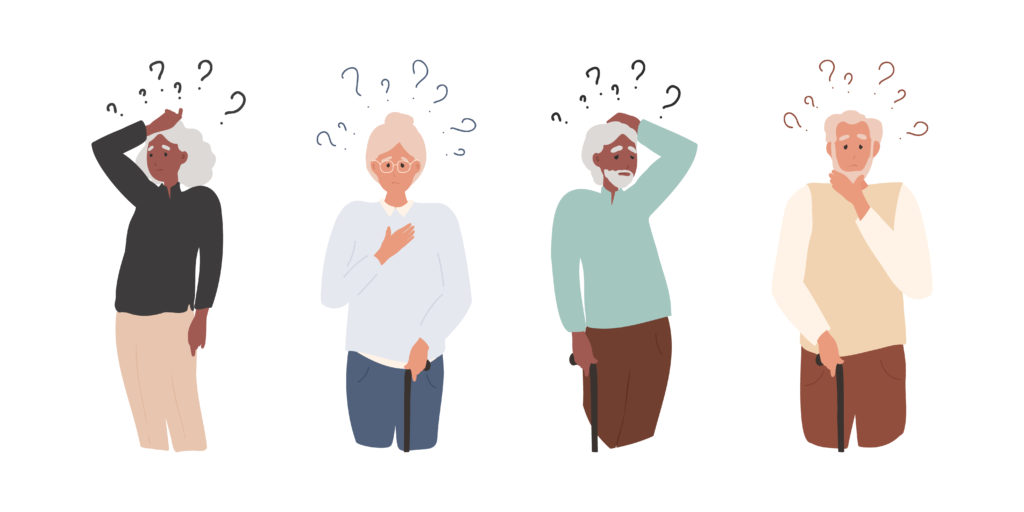
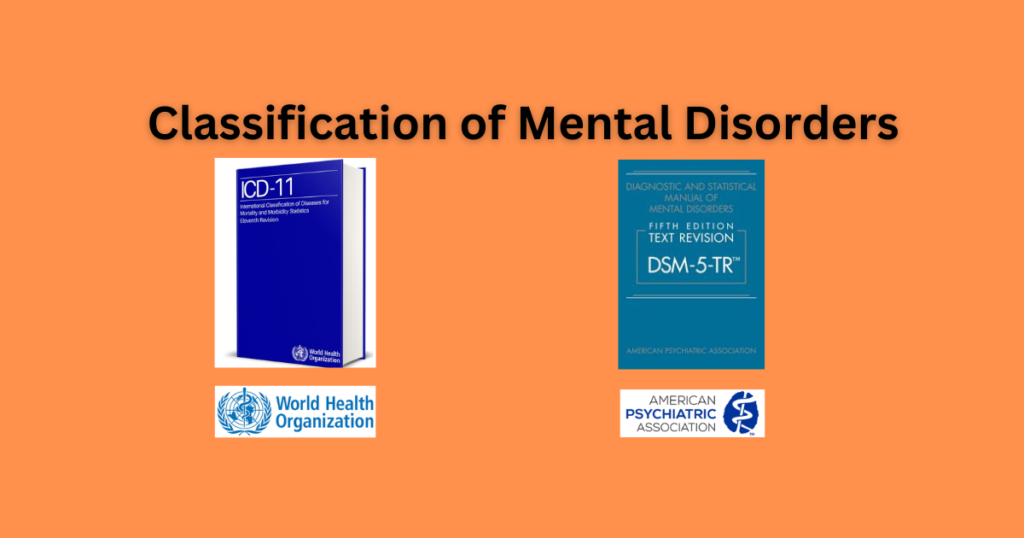
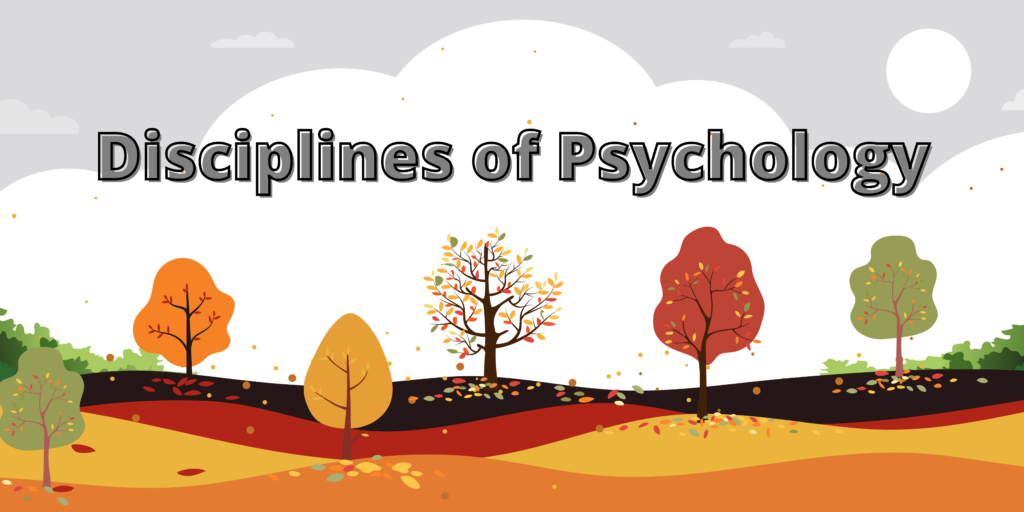
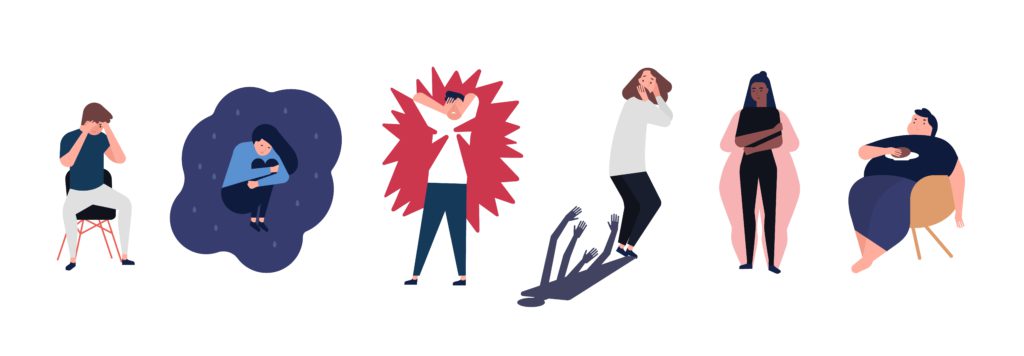
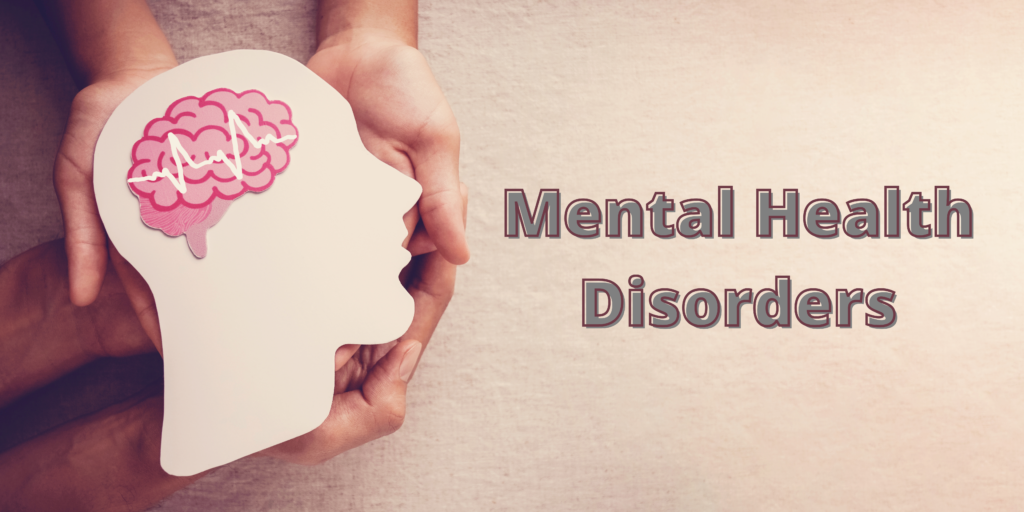
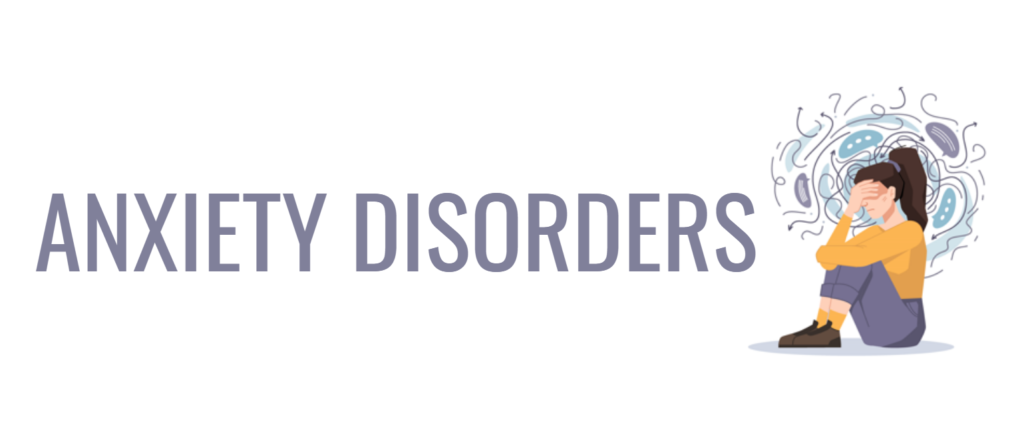
Responses